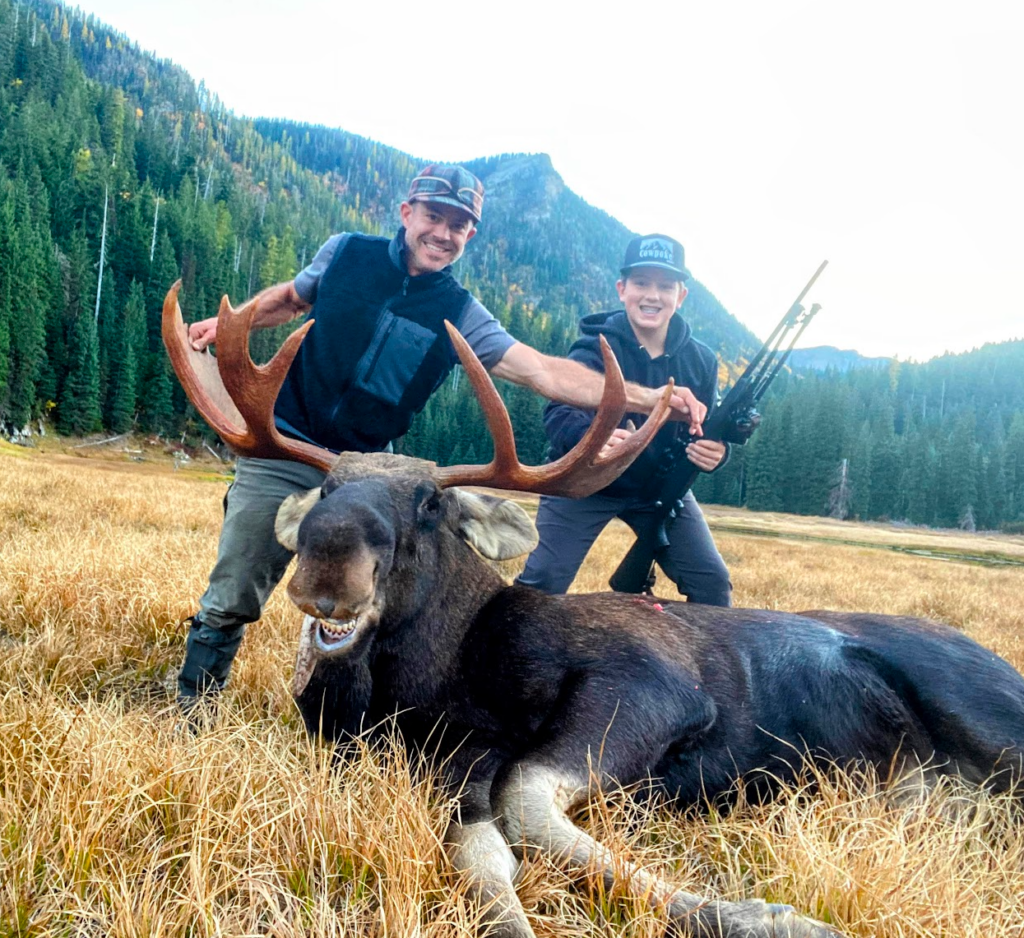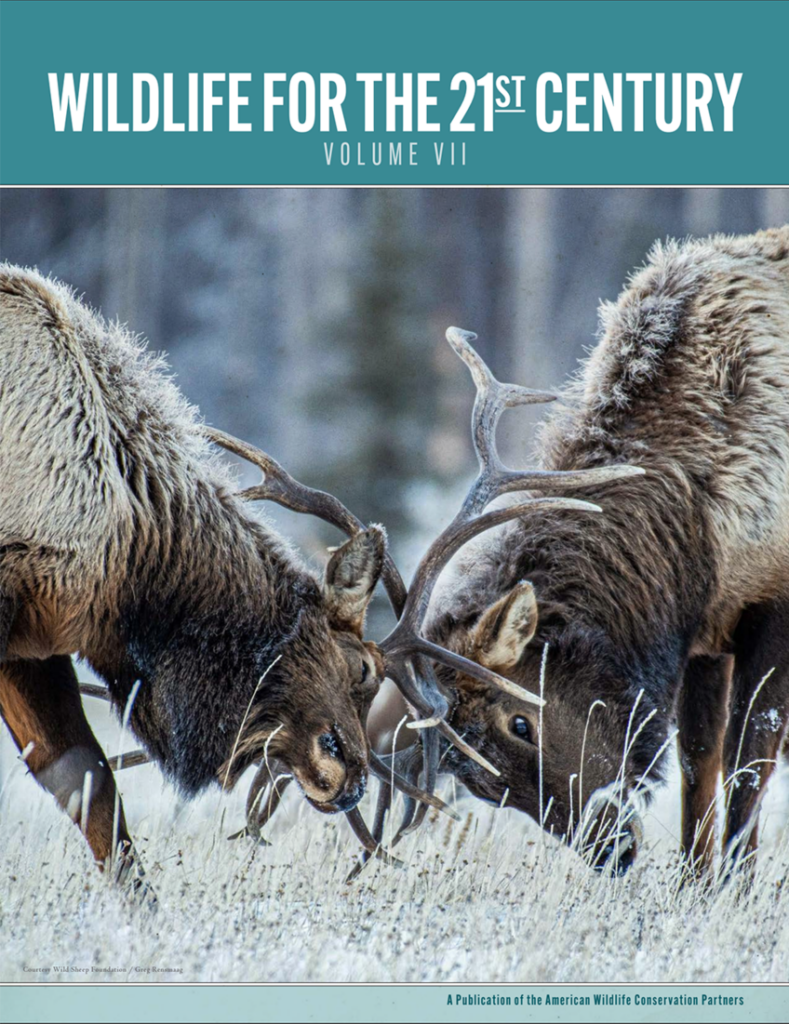Energy policy advisor and Montana field manager bolster organization’s expertise and capacity on key conservation issues
Today, the Theodore Roosevelt Conservation Partnership announced the addition of two Western-based individuals who are filling vital roles to help the organization achieve its mission to guarantee all Americans quality places to hunt and fish.
McKay Fleck joined TRCP as the energy policy advisor in September. Having spent the majority of her career with the Bureau of Land Management, Fleck is versed in natural resource management, federal leasing policy, and critical incident management. After her time in the Army, Fleck earned a bachelor’s degree from the University of Wyoming in Agriculture Communications, where she became fascinated with the challenge of making technical information more accessible for the public. As energy policy advisor, Fleck will be directly involved in the engagement and implementation of TRCP’s energy campaigns, which include influencing oil and gas leasing reforms and steering the development of renewable energy sources to maintain functional fish and wildlife habitat. Fleck is based in Buffalo, Wyoming.
“The TRCP has a track record of advocating for development of our energy resources in a responsible manner that is compatible with fish and wildlife conservation,” said Fleck. “I’m excited to work for an organization that values our diverse supply of energy resources while maintaining our natural heritage.”

Ryan Chapin joined the TRCP team as the Montana field manager also in September. Chapin has worked in conservation in Montana and the Rocky Mountain West for nearly two decades, most recently with the Rocky Mountain Elk Foundation as their lands operations manager. Chapin has established strong partnerships and has played a key role in many conservation and public access projects and initiatives throughout his career. In the Montana field manager position, Chapin will work to strengthen TRCP’s partnerships in the Treasure State to advance the organization’s conservation priorities, including conserving key big game migration corridors and winter range on public lands. Chapin is based in Missoula, Montana.
“I’m thrilled to join the TRCP team and help strengthen policies, advocate for wildlife habitat conservation, and improve hunter access and experiences on public lands in Montana,” said Chapin.

Learn more about TRCP’s leadership HERE.
The TRCP is your resource for all things conservation. In our weekly Roosevelt Report, you’ll receive the latest news on emerging habitat threats, legislation and proposals on the move, public land access solutions we’re spearheading, and opportunities for hunters and anglers to take action. Sign up now.






